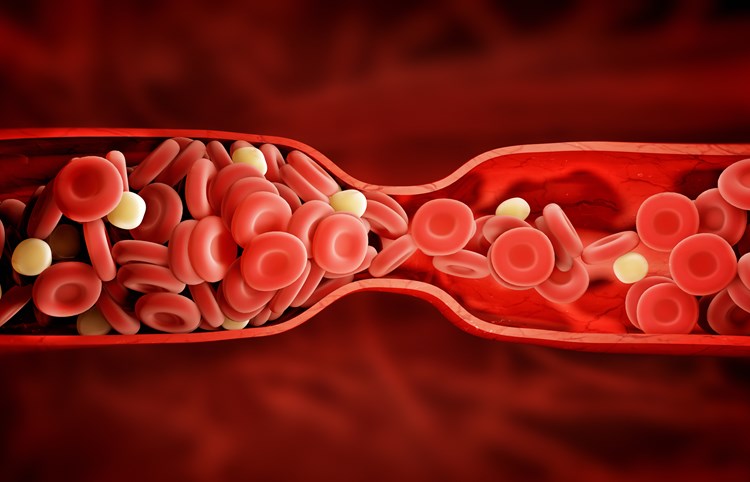Ever got a knife cut on your finger or a blade’s cut while shaving? When that happens, a blood clot saves the day as it quickly stops bleeding. Proteins and particles in your blood, called platelets, stick together to form the blood clot. after it has done its job, it breaks up.
Though sometimes things can go wrong. The blood shouldn’t clot when it’s just moving through the body. If blood tends to clot too much, it is referred to as a hypercoagulable state or thrombophilia. They can be dangerous and lead to serious medical conditions.
They are most likely to affect a leg, when you sit for long durations.
You also get a clot in your arteries, which carries oxygen in your blood from your heart to all the cells of your body. The result can be really serious and cause a life-threatening emergency, like a heart attack or stroke.
You could also get a clot in the veins that carry blood back to your heart.
We have listed out a few warning signs. Scroll down to learn more and you’ll know when to get a medical help.
ARMS & LEGS
Deep Vein Thrombosis (DVT) – is when a blood clot forms in one of the deep veins in your arm or leg. This is dangerous and this clot could travel to your heart. Get medical help right away if you notice any of these symptoms:
- Arm or leg swelling
- Change in colour – red or blue tinge
- Dull ache to intense pain
- Trouble breathing
- Lower leg cramp
HEART
A blood clot around your heart may cause a heart attack. Watch out for these symptoms:
- Sweating
- Severe pain in your chest
- Trouble breathing
LUNGS
A blood clot in your lungs usually starts with a clotting in your arm or leg, which travels to your lung. This is extremely dangerous condition, so get medical assistance if you:
- Feel short of breath
- Pain in your chest
- Cough
- Sweating
- Dizziness
BRAIN
Blood clots here may be caused by fatty deposits in the walls of the blood vessels that bring blood to your brain. In other cases, it can also be occurred when a clot that starts out in a different part of your body, like your chest or neck, enters your bloodstream and move to your brain, where it can cause a stroke.
Watch out for these symptoms:
- Seizure
- Feeling weakness
- Vision problem
- Speech problem
OTHER AREAS
Belly – Blood clots can happen in the veins that drain blood from your intestines. They can be caused by conditions like diverticulitis or liver disease, or even by birth control pills.
Kidneys – A blood clot there can keep them from removing waste from your body. That can cause high blood pressure or even kidney failure.
It’s important to call or contact cardiologist right away if you have any symptoms of a blood clot. Getting prompt treatment will help prevent any potential complications.











